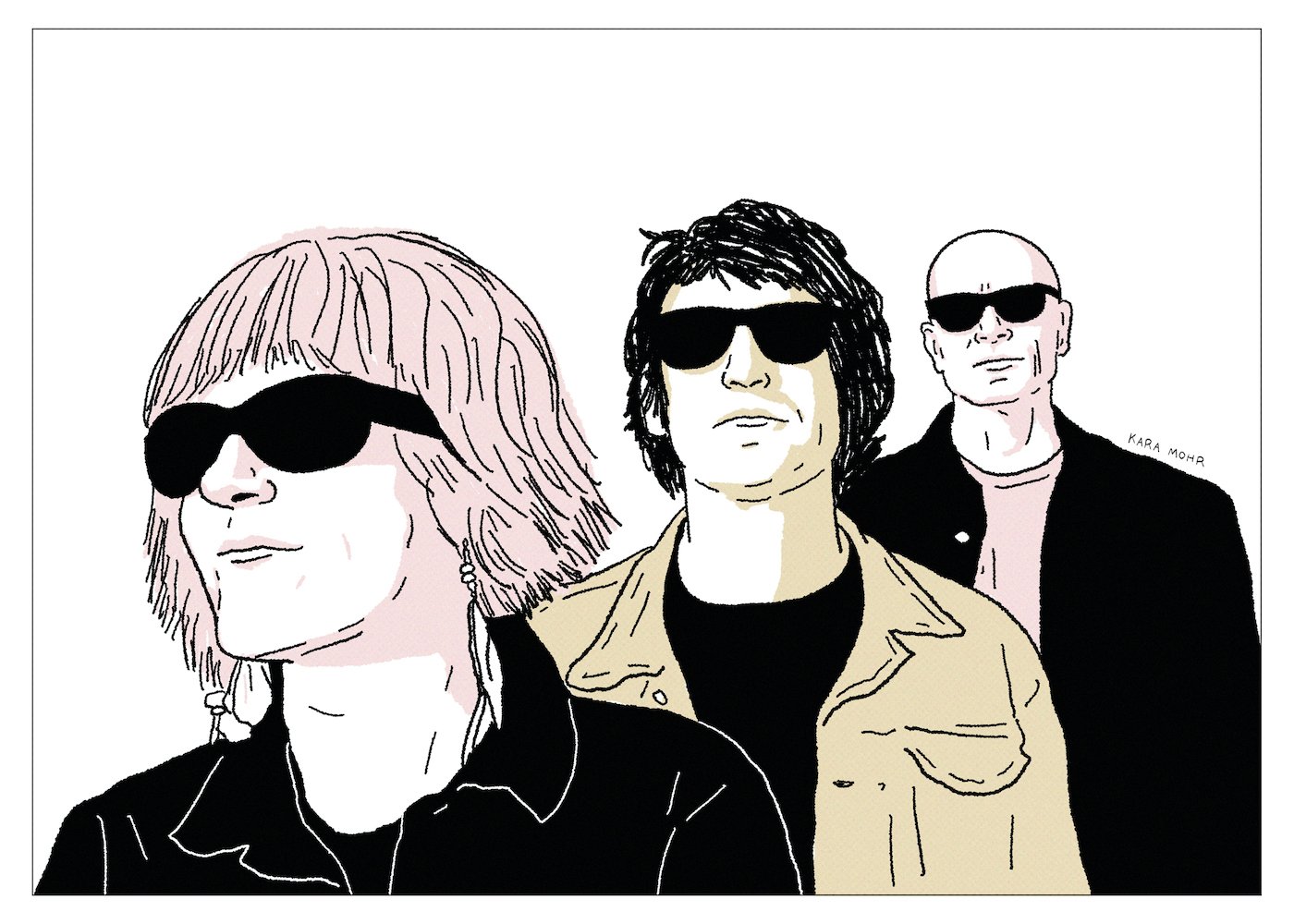
No. 2 “First Love”
Soon after the breakup of Heatmiser, Elliott Smith was an internationally renowned, critically adored singer-songwriter. But less than five years after his breakthrough — after he stood nervously on stage in a white suit, singing “Miss Misery” for some of the most famous people in the world — Elliott Smith was dead. By that point, his former bandmate and college buddy, Neil Gust, had moved from Portland to New York City, where he gave up his rock and roll ghosts and let the bruises of Heatmiser fade. Gust traded in his band for a three person domestic partnership, and traded in his guitar for a video editing suite. The man who was once Elliott Smith’s closest friend and who was, for a time, also considered his songwriting equal, became a successful commercial video editor. But nearly twenty years after his last record, when he was fifty years old, Neil Gust returned to Portland and started making new music again.
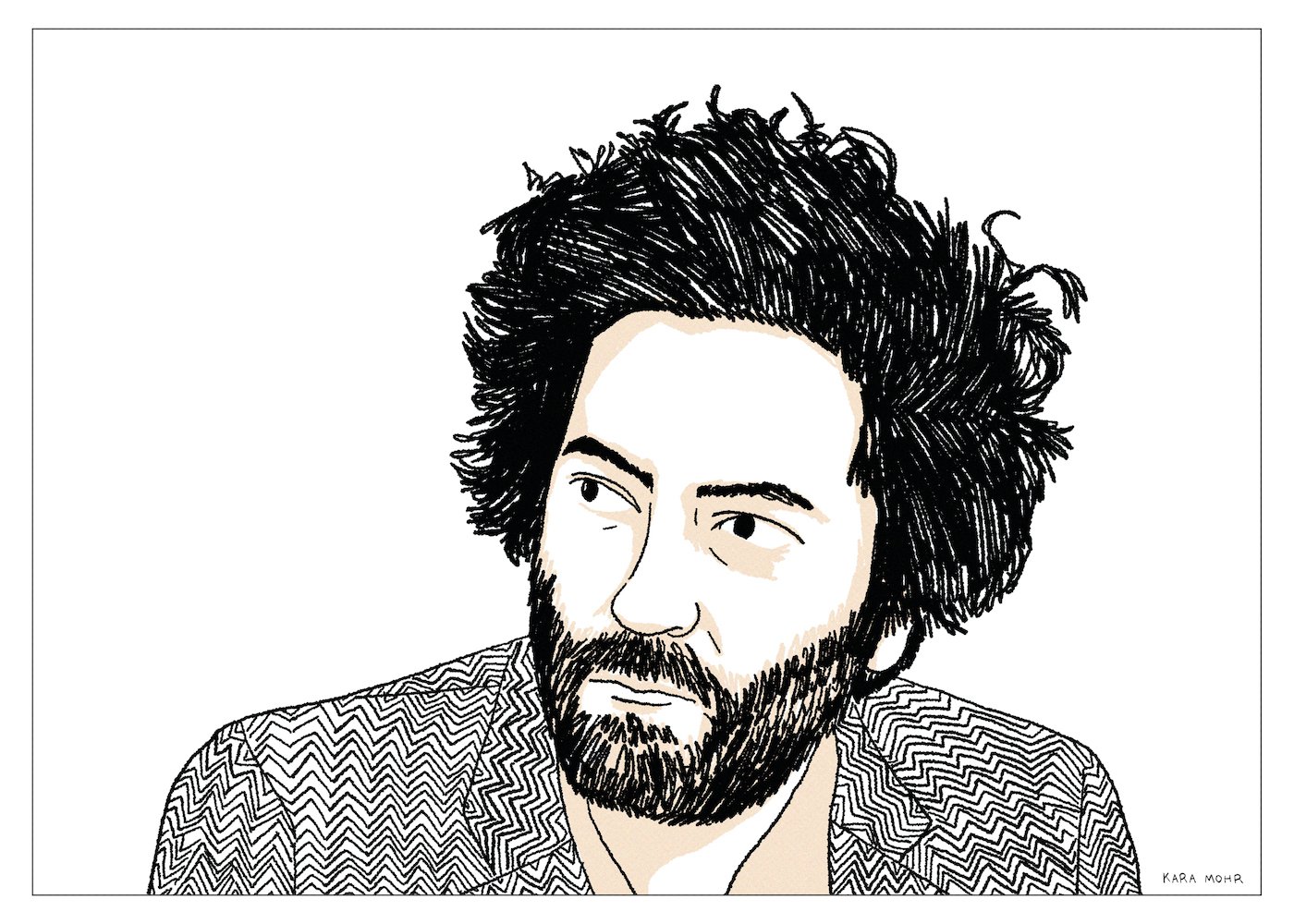
Destroyer “Have We Met”
Destroyer’s ninth studio album, “Kaputt,” was the rare album that succeeded poolside at boutique hotels as much as it did inside Urban Outfitters as much as it did at grad school cocktail parties. In the career of Dan Bejar, and in spite of everything he had accomplished before — with Destroyer and with The New Pornograohers — there was “before Kaputt” and “after Kaputt.” After “Kaputt,” a lot changed. Bejar got semi-famous. His clothes got fancier. His hair got bigger — and slightly grayer. Strangers wanted to talk to him. People wanted to hear what he had to say. And, moreover, what he meant. Was he really a master making masterpieces or was it all just artfully arranged, magnetic poetry from the most interesting man in North America?
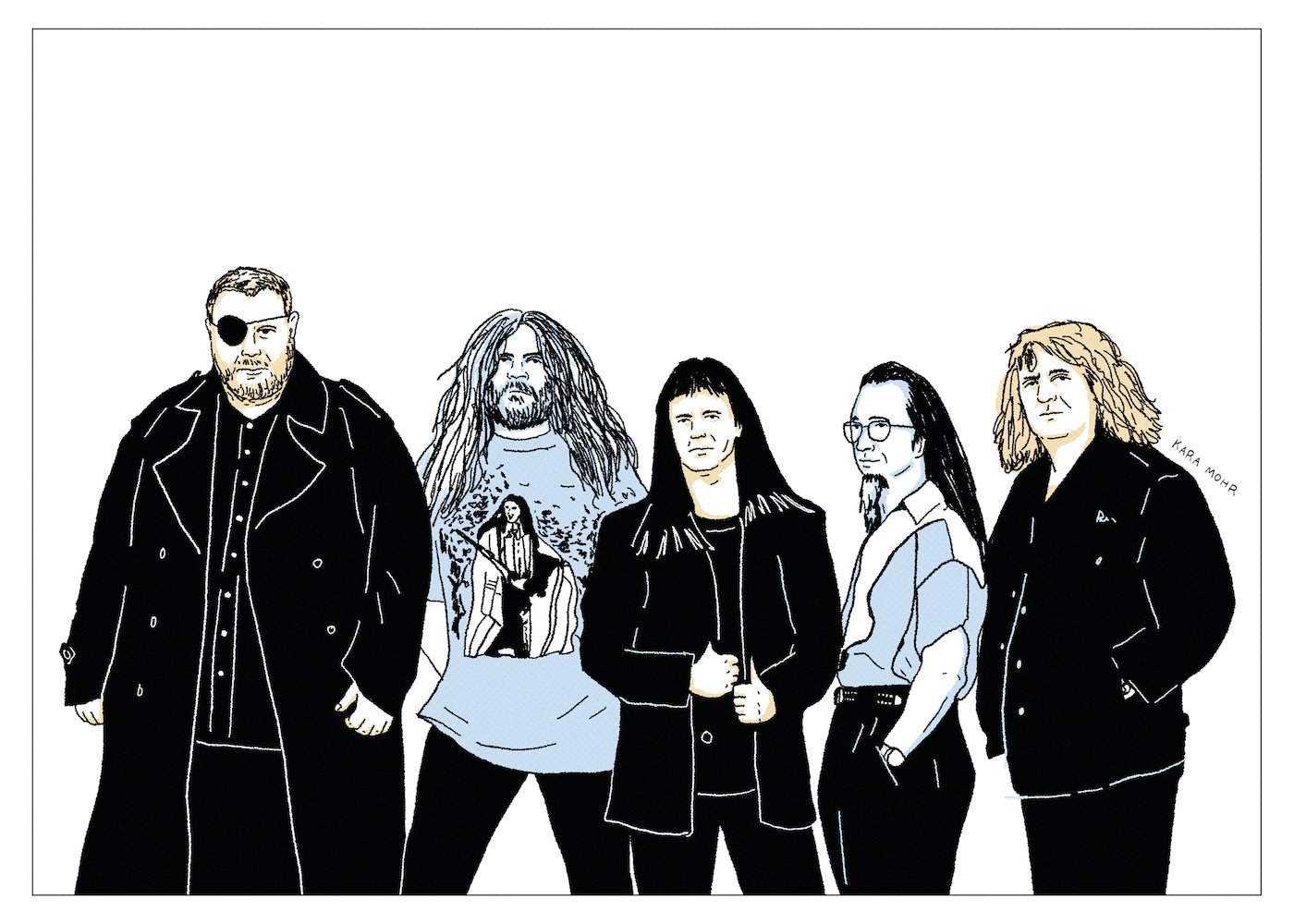
Kansas “Somewhere to Elsewhere”
Three decades in, when “Dust in the Wind” was exactly that, Kansas was floundering mightily. Next to Styx and Journey, they almost made sense. But after Michael and Prince and GnR and Nirvana — Kansas seemed like the greatest accident in the Classic Rock canon. A legendary Arena Rock band that was actually a Prog Rock band and who were famous but also completely unknown. Many years removed from superstardom, they would never be cool again, but also, they were never cool to begin with. They would never have another smash hit, but they had two more than nearly every other band in the history of history. They dropped from a major label to a very niche indie who specialized in Prog and Metal, which meant smaller budgets but also a bigger slice of the pie. And so, by the dawn of the new millennium, Kansas existed somewhere between total liberation and complete decimation.

John Mayer “The Search for Everything”
Between “amazing” and “insufferable” — that’s the line Mayer walks. He is preternaturally gifted — as a player, he rivals his heroes, Robert Cray and Eric Clapton. As a composer, his mastery extends far beyond his ostensible peers — Maroon 5, Jack Johnson and Jason Mraz. He has always been tall, dark and handsome. He’s always been a great interview — frequently too great. But it’s the speed and intensity of his amazingness, that unnerves. Going from Jennifer Love Hewitt to Jessica Simpson to Minka Kelly to Jennifer Anniston to Taylor Swift to Katy Perry in close succession. Hanging with Dave Chapelle one night and jamming with Bob Weir the next night. Or, the same night. Swapping Nikes for Uggs. Wearing shades that are more expensive than his already expensive shoes, and watches that are tenfold the cost of either. It’s all amazing. And it’s all insufferable. And, believe me, John Mayer knows it.
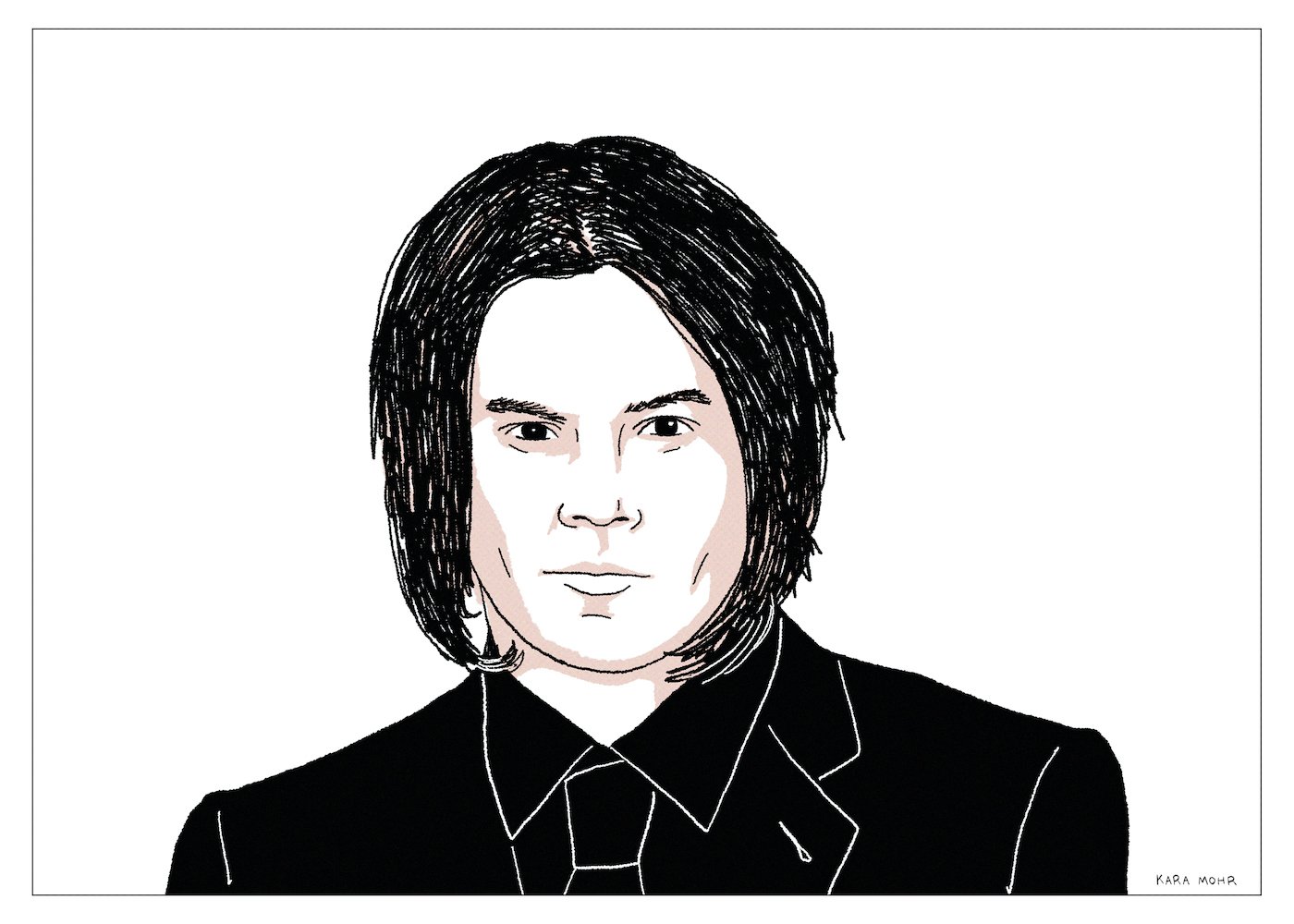
Jack White “Entering Heaven Alive”
Willy Wonka succeeded because he was more fun than he was weird — which is saying a lot because he’s really fucking weird. But the older Jack White got, the less we could detect the humor in his Wonka-ness. Where there was once “Sugar Never Tasted So Good” and “We’re Gonna Be Friends” there was now dystopian Nashville, Steampunk Blues and Art with a capital “A.” To be clear, I have absolutely nothing against any one of those things. But stripped of its wide-eyed delight, White’s music began to veer from strangely astounding into the realm of astoundingly strange.
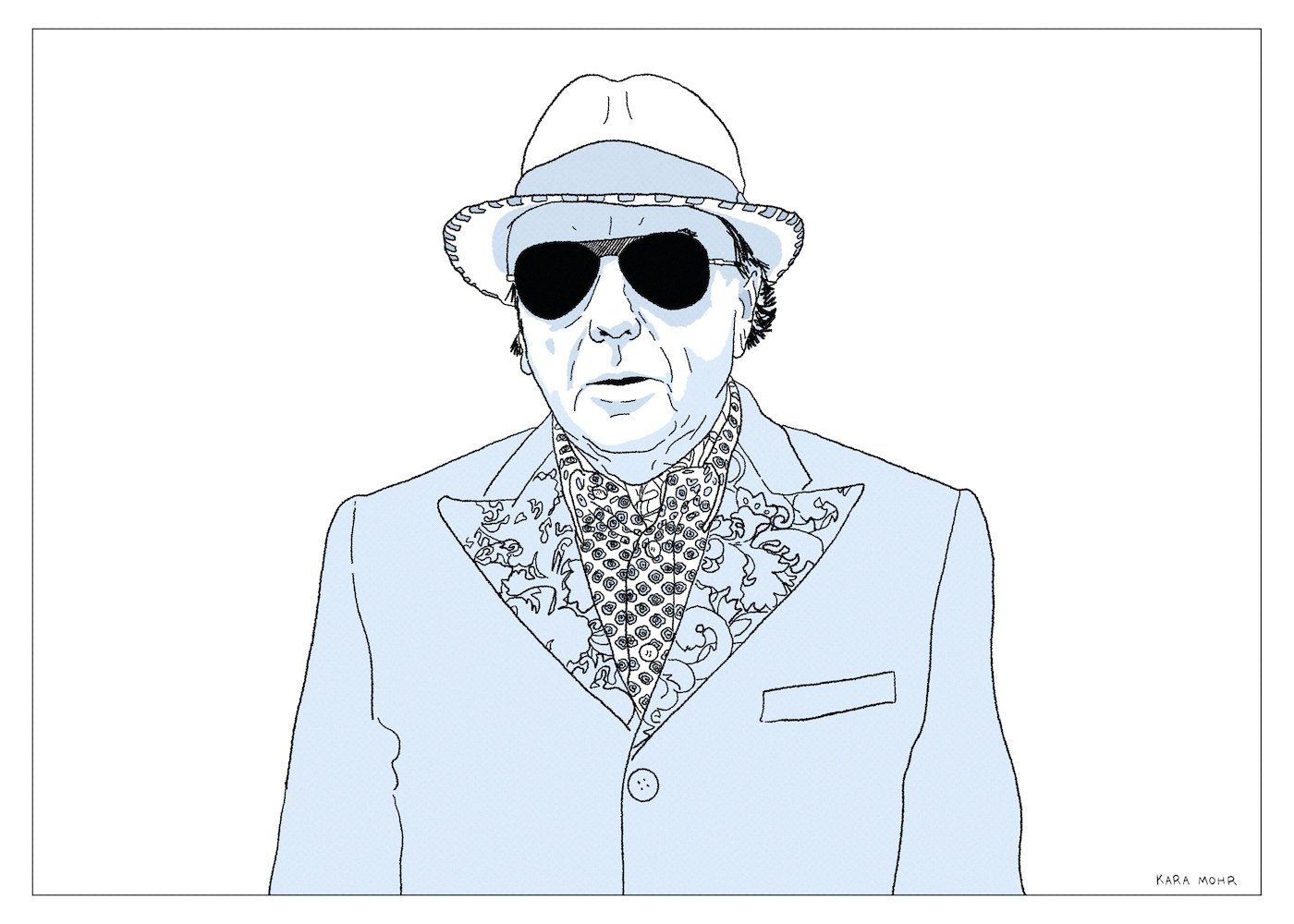
Van Morrison “What’s It Gonna Take?”
“Somebody said it was about the data.” It’s just one, of many, unimaginable lines from “What’s It Gonna Take?” There are other stranger lyrics on this album. Angrier couplets. Sadder admissions. But it’s the way he sings that last word — “Day-Tah.” Sharp consonants. Accent on both syllables. It’s not simply that I could not connect the guy who had spent decades searching for the mystic to this much older guy searching for statistical confidence. It was also the precision of his enunciation. The greatest singing mumbler, growler, la la la-ler I have ever heard was legendary for how he almost never enunciated — how he was more interested in sound and feel than in the words themselves. But with that single line, it became obvious to me that something was off. Very off. That a switch had flipped. And while I feared the worst for the rest of the album, I clung the thinnest strand of good faith. I hoped and prayed that there were other, plausible explanations for the Day-Tah.
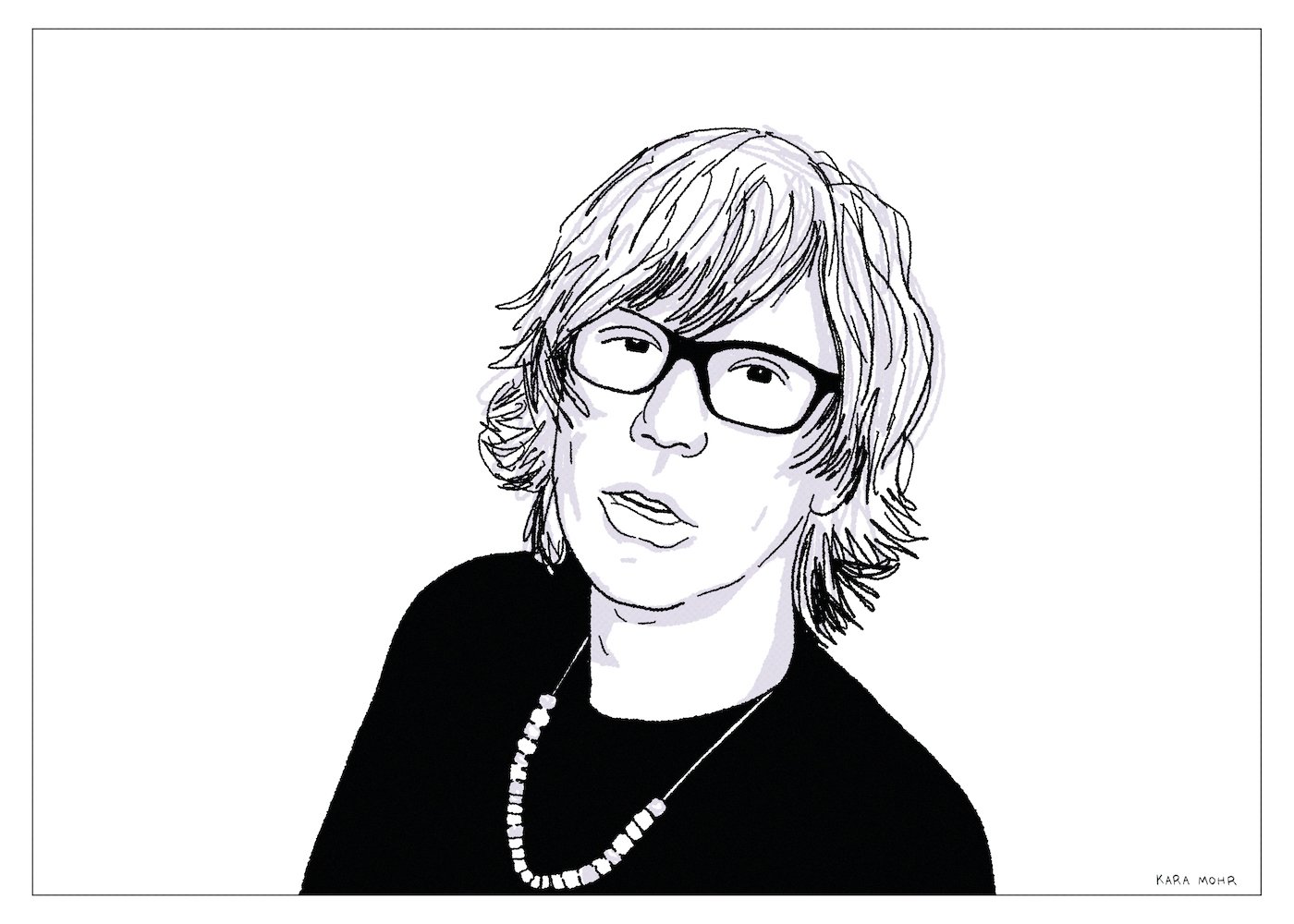
Thurston Moore “Demolished Thoughts”
More than any American Indie band from the Eighties, it is Sonic Youth who cast the brightest light and deepest shadow. Kim, Thurston, Lee and Steve broke rules and made albums of consequence. They were anti-establishment, even when they became the establishment. And they were groundbreakers in spite of their traditionalism — four pieces, two guitarists, one bassist, one drummer. But, as much as for their music, Sonic Youth was important because of Thurston and Kim — how they looked, how they acted and, most of all, what they signified about marriage and partnership. For every person who’d actually listened to “Daydream Nation” or “Sister,” there were dozens more who knew about Kim and Thurston. And every one of them knew intuitively — and with great certainty — that they were a marital ideal. Until they weren’t.
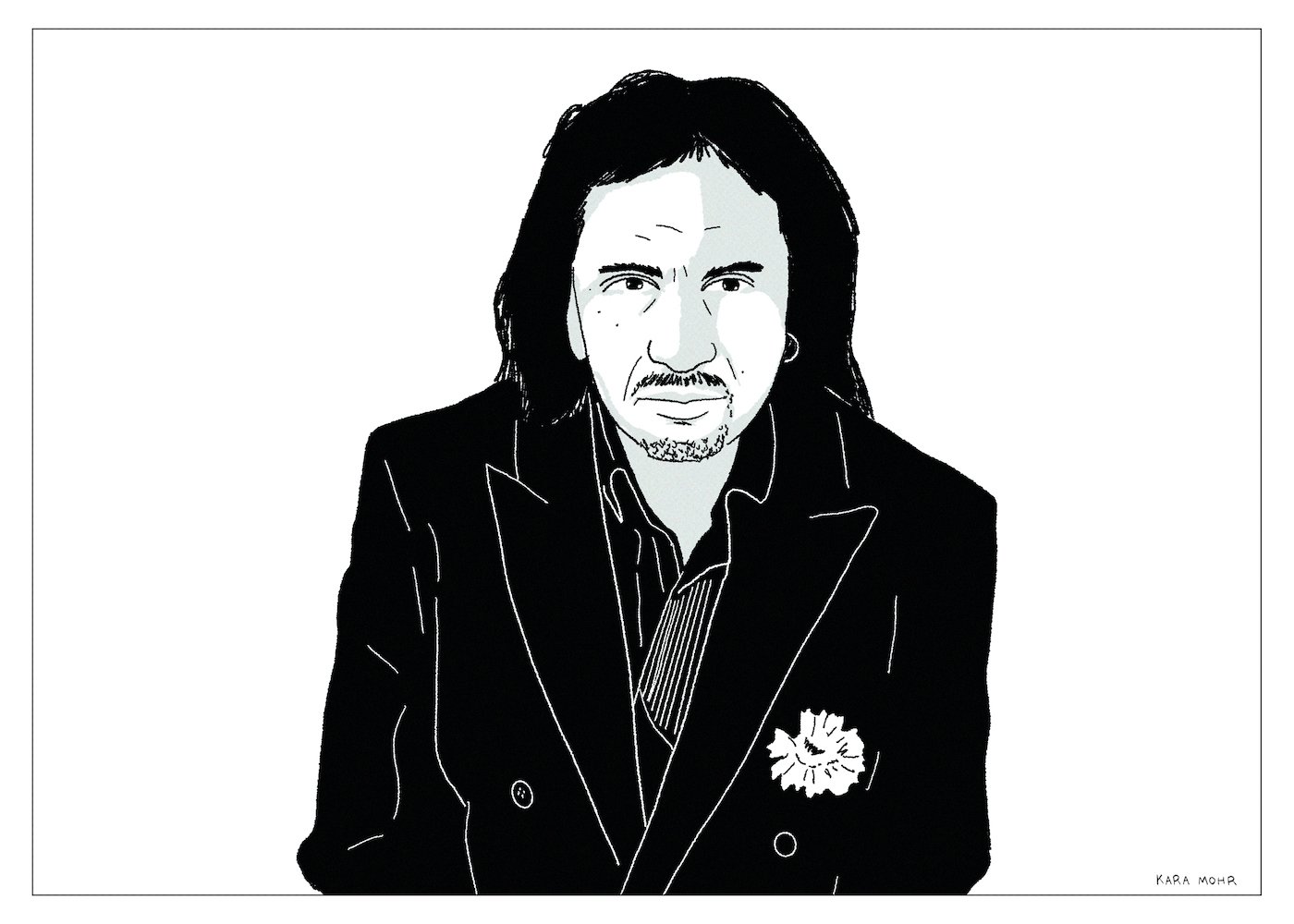
Gene Simmons “Asshole”
Since “Psycho Circus” — twenty-five years ago and counting — KISS has released exactly two studio albums. During that time, Gene Simmons has been a licensor of merchandise, a part time record label owner, a television and film producer, an occasional actor and, of course, a reality TV star. On the one hand, he’s become a guy who cable news calls in for a provocative quote and a funny face — a post-middle-aged braggart in shades who used to wear makeup in “that band.” On the other hand, he is still the same exact guy who’d gotten famous in 1975 — a joker, a demon, a ladies man, a womanizer, a capitalist. But, as it always does, the zeitgeist moved on. It’s no longer 1975, or 1984 for that matter. And so what seemed more charming back then appears less so decades later. We had different names for guys like him back then. But, by 2004, it was all a lot clearer. Gene Simmons was an asshole. And apparently Gene Simmons did not disagree.
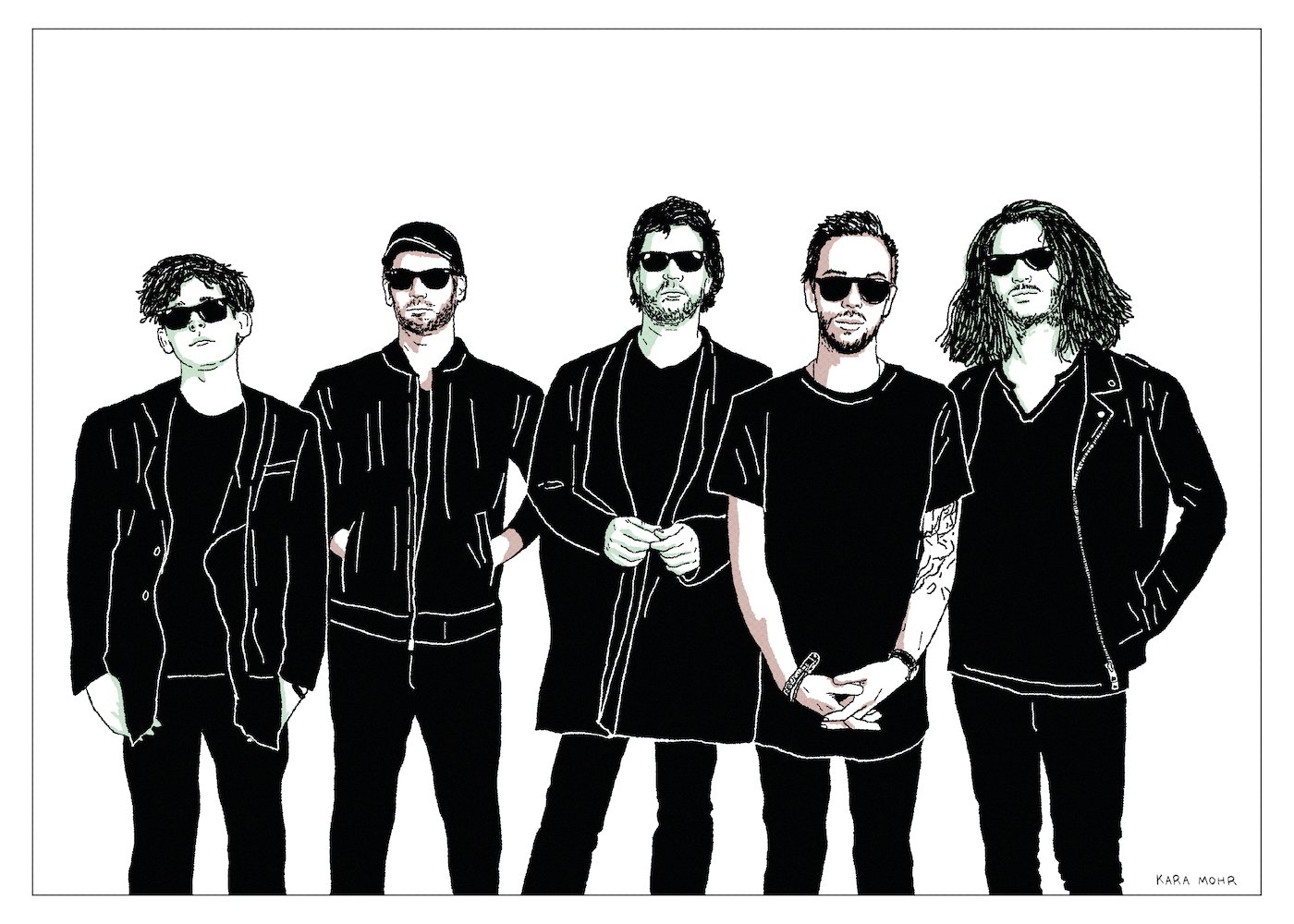
Third Eye Blind “Dopamine”
In his “60 Songs That Explain The 90s” podcast, right after the Sinéad O'Connor episode but before the Pavement one, Rob Harvilla tries to unpack the maddening, intoxicating mystery of “Semi-Charmed Life.” During the back half of the show, Harvilla is joined by Max Collins of Eve 6, and together the duo pierces the veil of Stephan Jenkins — Collins’ former tour-mate and nemesis. After some obligatory Jenkins-slagging the two conclude that, in spite of the singer’s limited vocal range, terrible pitch, decimated falsetto and borderline personality, “Semi-Charmed Life” works. In fact, it more than just works — it thrills. In fact, it thrills because of those defects. Through that lens, I began to reframe Jenkins not as a cad or a villain but as a fully realized talent. The Beatles were preternaturally gifted. The distance between their potential talent and actual talent was perhaps not so great. Jenkins, on the other hand, was a vain dick who could only barely sing, but who had a knack for making songs sound like hits and making narcissism sound universal. What if “I Wanna Hold Your Hand” wasn’t the miracle? What if “Semi-Charmed Life” was?
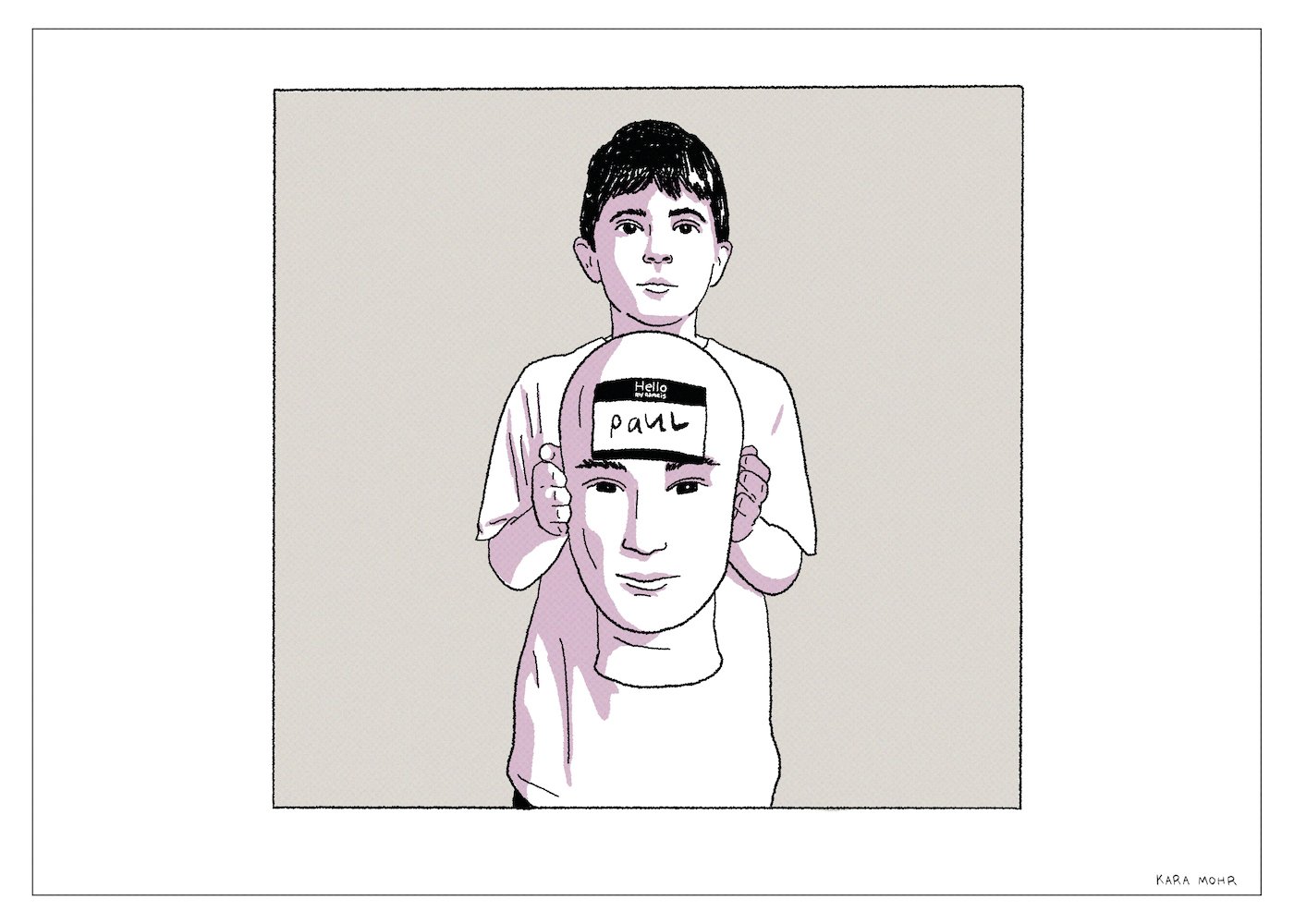
The National “The Album Covers”
As a general rule, masterpieces rarely have awful covers. Inversely, bands simply do not produce masterful album covers when their music is stagnating. For instance, The Stones’ covers get real spotty after “Emotional Rescue.” “Steel Wheels,” in particular, is an embarrassment. Somehow, Van Morrison’s septuagenarian covers are even worse than The Stones — much worse. “Latest Record Project” is a craven insult to the form. But Van and The Stones are not outliers — they’re the norm. Years after their commercial peaks, when they have little to gain and so much to lose, cover art is almost always the first thing to go. The National, however, are the exception to the rule. With each new album, their cover art and design continues to dazzle in ways that betray the depression of their songs and the uncertainty of their albums.
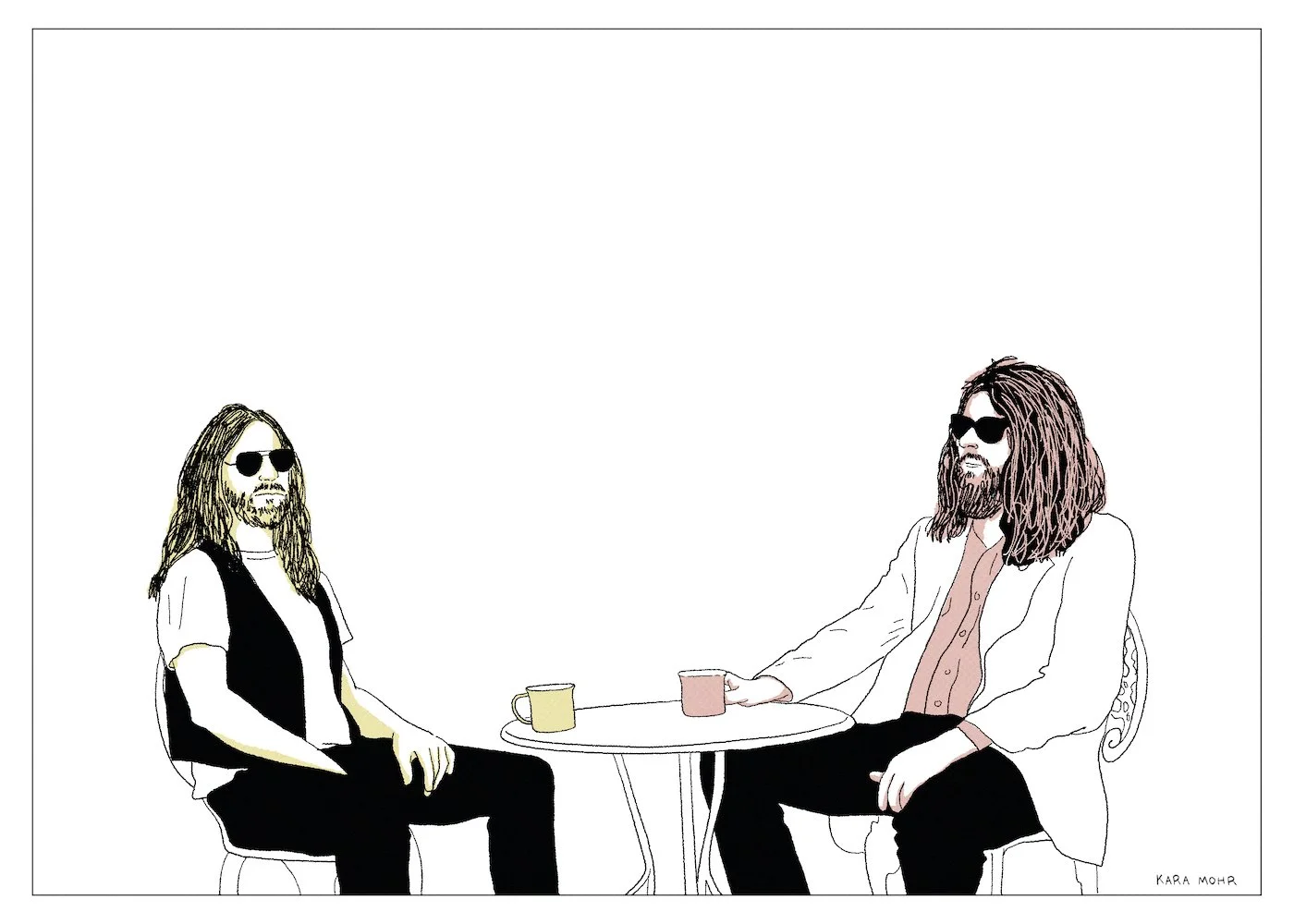
Black Mountain “IV”
Ten years, three studio albums and a half dozen side projects after their Pitchfork-feted debut, Black Mountain returned with “IV.” From its Hipgnosis-inspired cover, which screams Floyd and Hawkwind, to its bank of synthesizers, borrowed from Rick Wakeman and Keith Emerson, “IV” is a total flex. It’s an epic album, daring and ridiculous enough to take its name from one of the most famous albums in the history of Rock and Roll. Black Mountain’s “IV” is obviously not Led Zeppelin’s “IV.” In fact, it’s their least bluesy, least metal, most spacey and most proggy album. A more accurate title might actually be “Light Side of the Moon.” The titanic riffs are still very much there, but they are not the thing. The synthesizers are sometimes the thing, but also not the thing. The thing that distinguishes “IV” from straight homage is the thing that has always separated Black Mountain from everyone else — the sound of Amber Webber’s voice paired with Stephen McBean’s. The sound of verdant soil and deep roots next to burnt twigs and leaves.
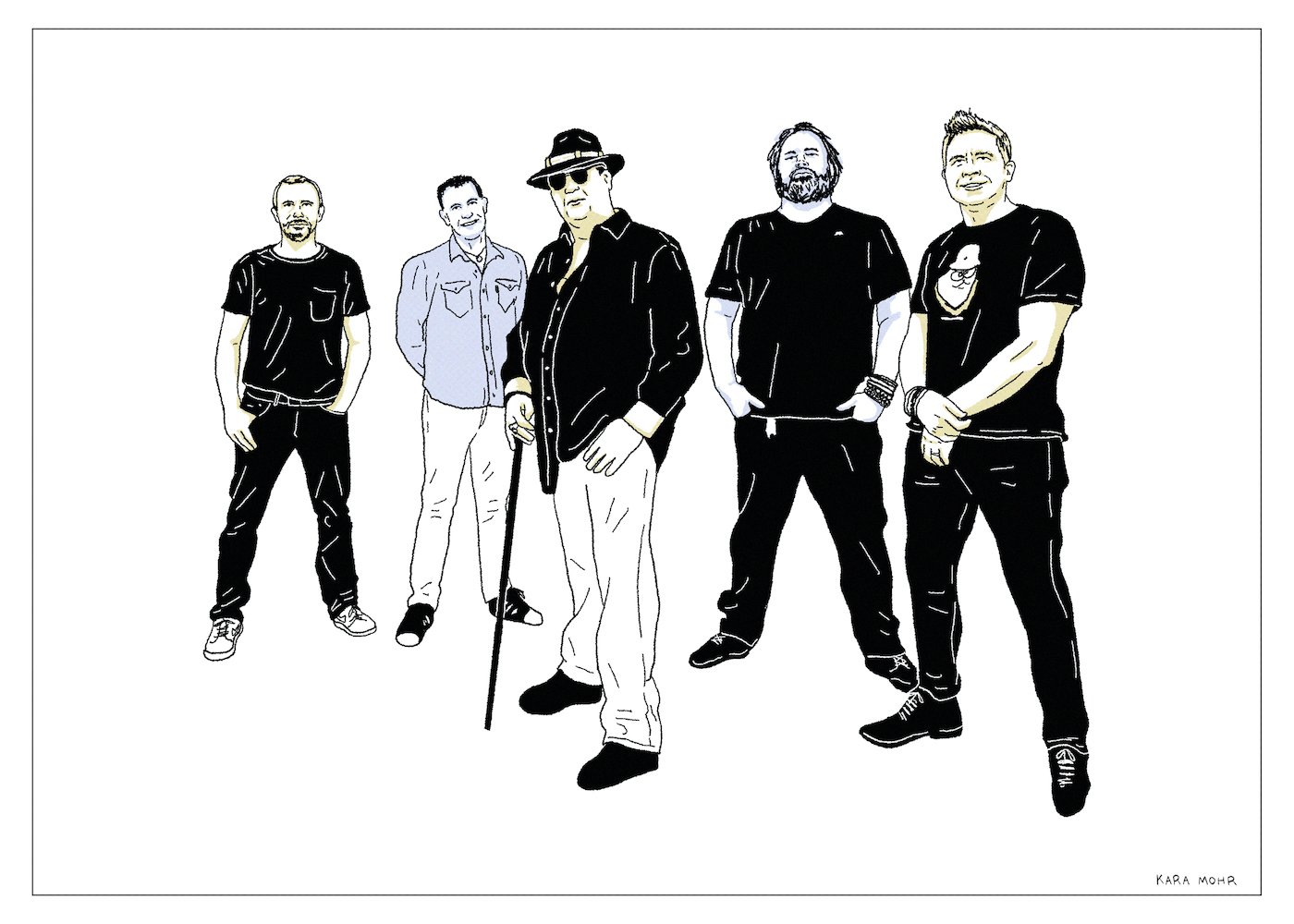
Blues Traveler “North Hollywood Shootout”
On so many levels, our aversion to Blues Traveler is ridiculous. Of all those Nineties Jam bands, why them? There were many lesser variations. Bands who couldn’t play with singers who couldn’t sing and jams that went nowhere. Blues Traveler was barely any of those things. They were a solid Roots Rock band with a mascot for a lead singer; far more exciting than their closest predecessor — Spin Doctors — and their more successful, distant cousin — Hootie and the Blowfish. If anything, their brief apex was a fluke — a product of commercial radio’s (and MTV’s) inability to separate Beck from Better than Ezra. For one strange moment in 1994, Modern Rock, Mainstream Rock, Pop and Adult Alternative formats all sounded oddly similar — jangly and towing a line between earnest and ironic. Basically, like the sound of Blues Traveler. On the other hand, reducing them to a bad haircut, does a grave injustice to the band. It also obscures the harmonica in the room — the dozens and dozens of harmonicas in the room.
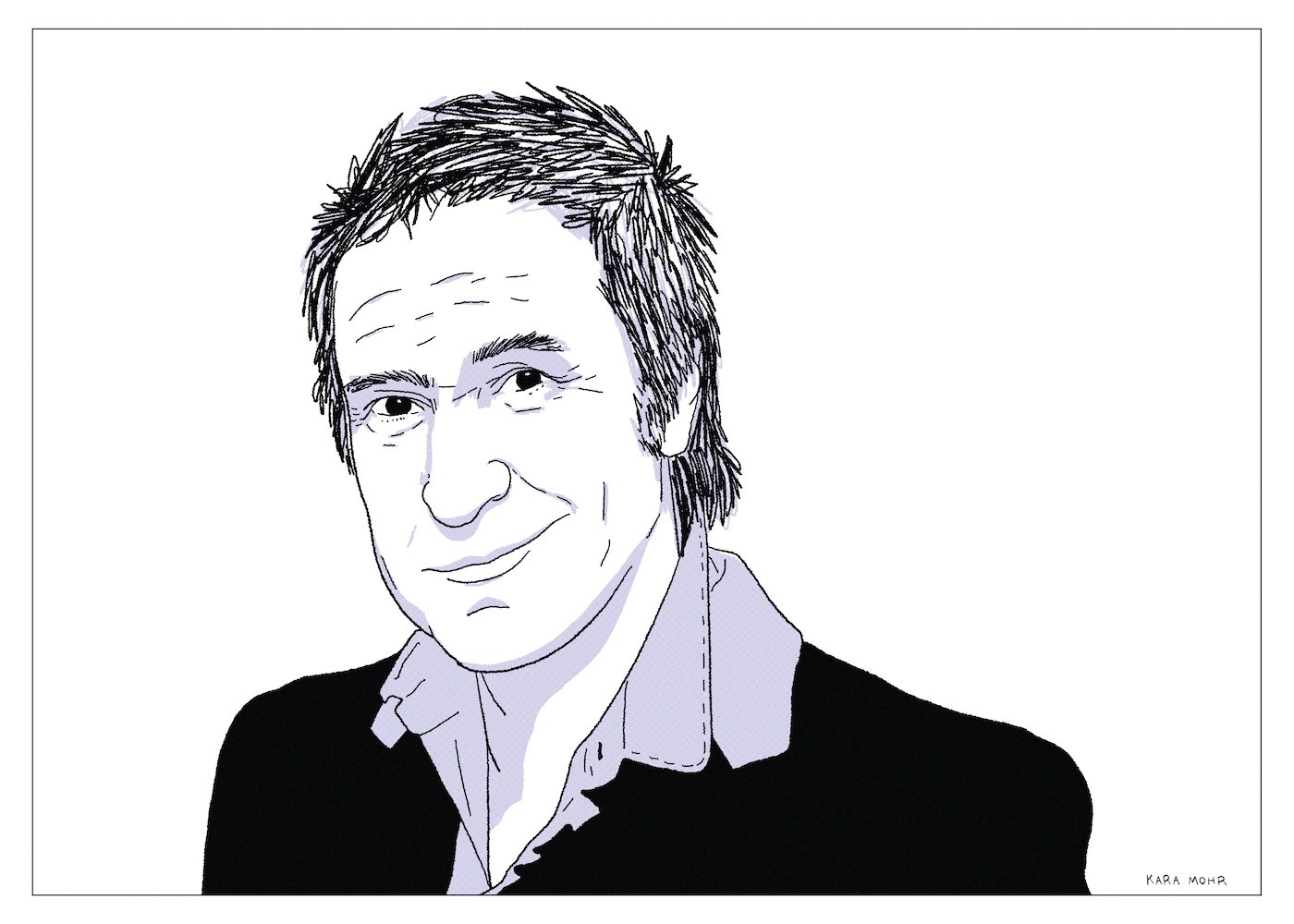
Ray Davies “Americana”
As a musical style, Americana suggests something in between “Roots Rock” and “Alternative Country.” Stylistically, it's a fertile if ultimately narrow genre. But, Ray Davies’ “Americana” is not Whiskeytown’s “Americana.” Davies’ is as expansive as it is deep. It considers both the United States of America and the land mass that predated the country — the massive mountain ranges and the canyons and rivers and the natives and the cowboys. The freedom and independence and capitalism and Jazz and Blues and Soul. The New York and Los Angeles and high hopes and dashed dreams. All of it. The man who wrote “A Well Respected Man,” “Waterloo Sunset” and “Village Green Preservation Society” — the singer-songwriter who satirized and romanticized English life was enraptured with America. England consumed his mind, but America held his heart.
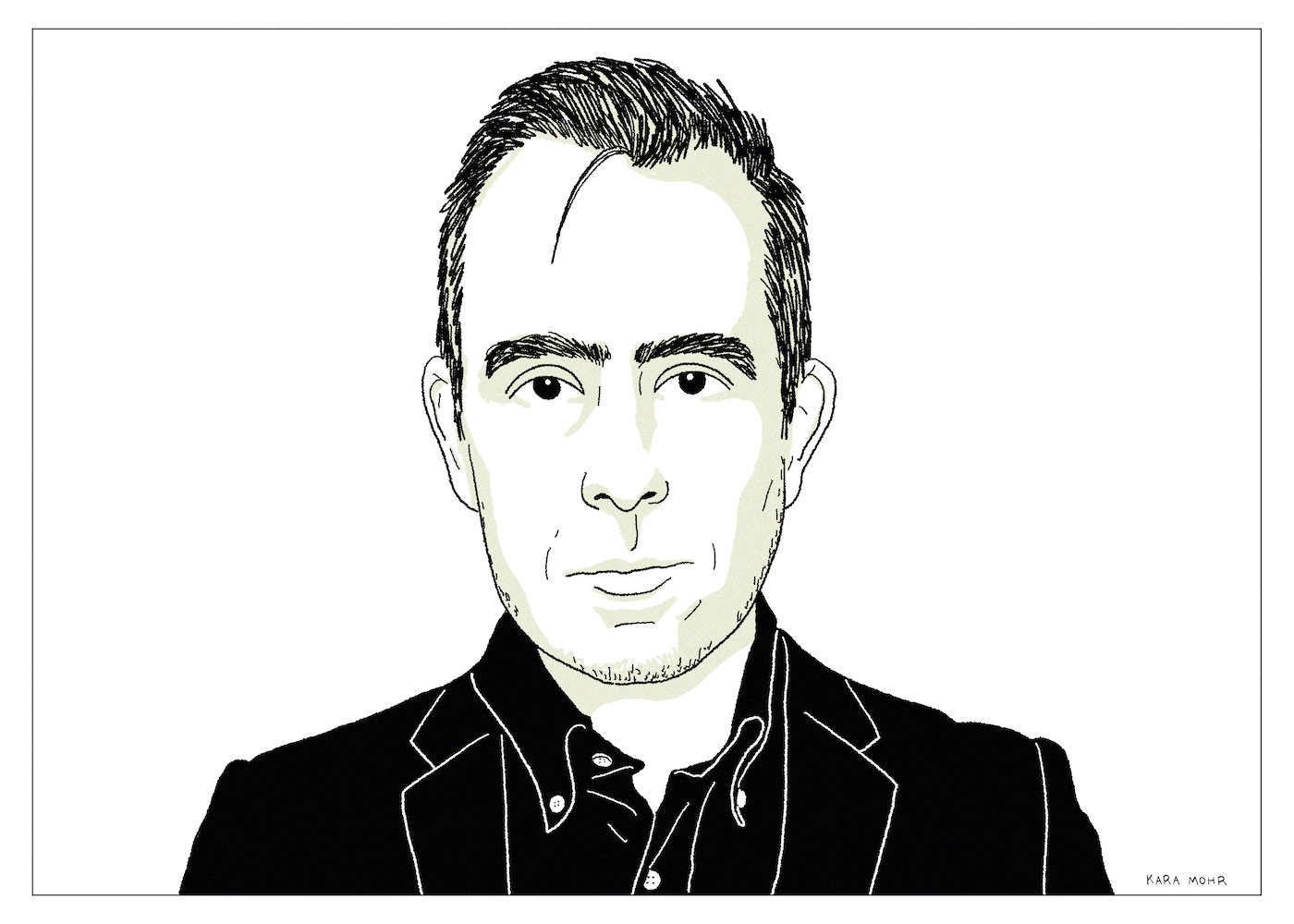
Ted Leo “The Hanged Man”
From 2000 through 2010, Ted Leo was the mainest of Indie Rock mainstays. He and his band released a string of reliably thrilling albums, distinguished by his breathless tenor and progressive politics. Ted Leo and The Pharmacists were so excellent, in fact, that it seemed a foregone conclusion he would one day break through. That Ted Leo would eventually be an important, prestige act felt inevitable. After all, they had their Billy Bragg and their Elvis Costello, so we could have our Ted Leo. He was simply too good — too musical, too smart and too hard working — to imagine any alternative. The sparkling reviews continued along with the steady uptick in sales, until he reached the height of sub-popularity. And then, just when we assumed something monumental was about to happen for Ted Leo, it did. But it was not at all what anyone expected.
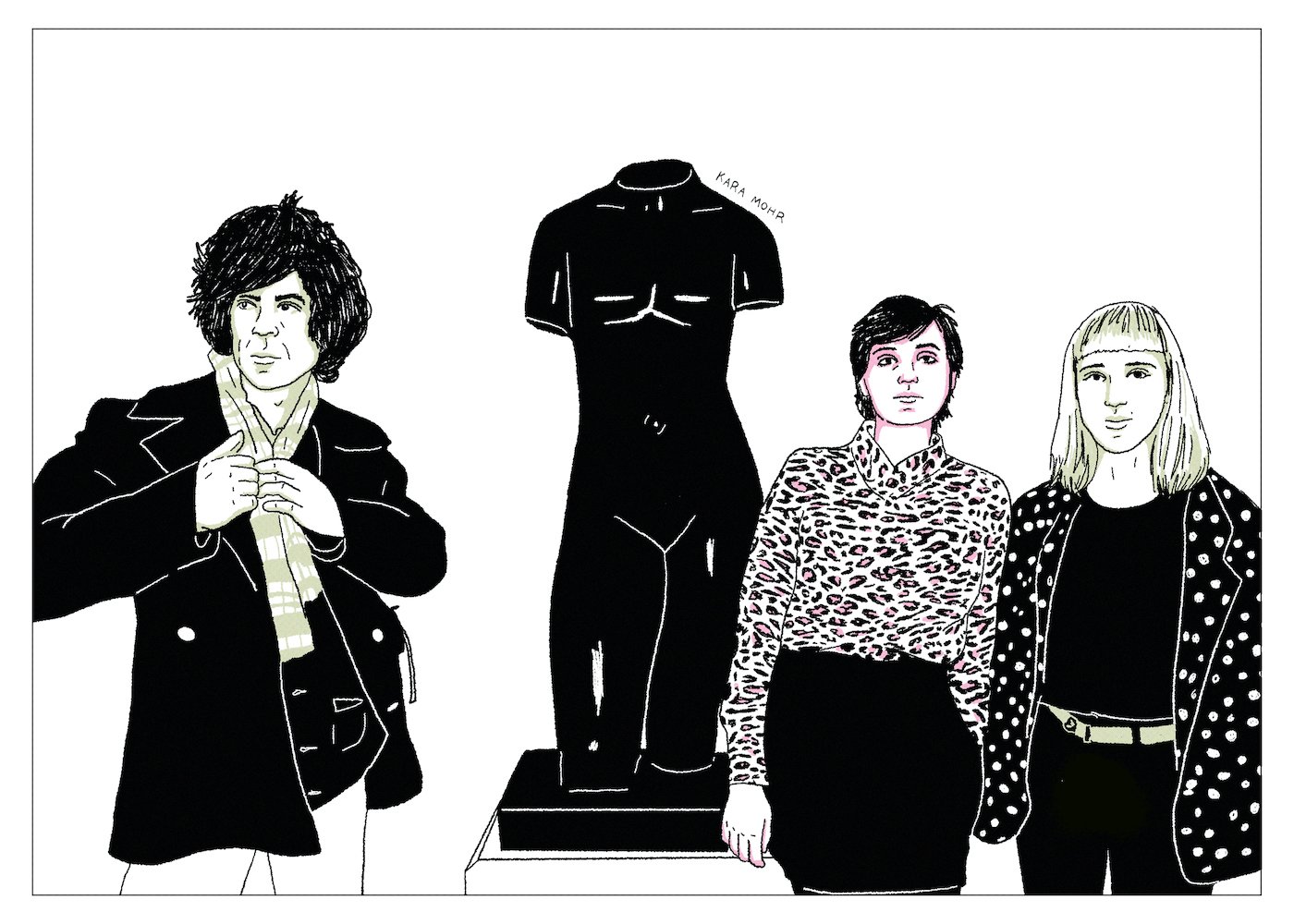
Chain and The Gang “In Cool Blood”
Like Nation of Ulysses before them, The Make-Up were more legendary than popular. And so, just five years after they first appeared, the most stylish, most ideological band on the planet was dissolved. In the Aughts, Ian Svenonius (along with Michelle Mae and Neil Hagerty) formed Weird War, but because socialism might be bad for business, the singer spent most of that Aughts moonlighting as a subject slash contributor for Index Magazine — and anyone else who wanted his ideas and his hair for their pages. By 2009, he was more an essayist, a great interview, a great photoshoot, and a hipster cad than he was a rock and roller. He was to Vice what Fran Lebowitz was to Vanity Fair. Until one day — when he’d either run out of ideas or when he had too many out of them — Svenonius started another new band. Chain and the Gang started as a lower stakes, rotating cast of friends and acolytes, sponsored by Calvin Johnson. By then, fans (and critics) were familiar with Svenonius’ Post-Structuralist, Marxist provocateur shtick. What they were less familiar with was his winking, hip-shaking good times.
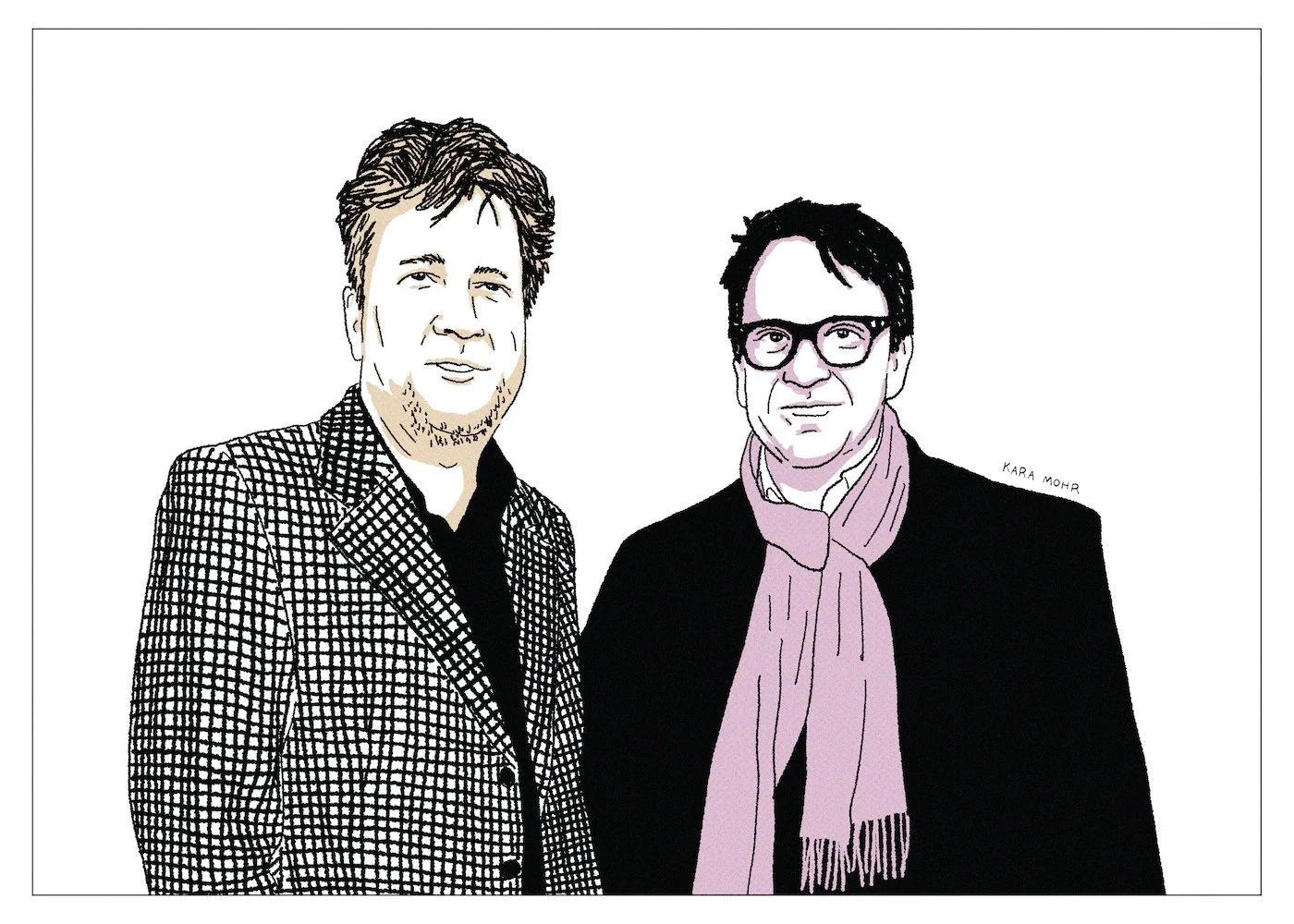
Squeeze “Cradle to the Grave”
Though early on they were compared to Lennon and McCartney, Glenn Tilbrook and Chris Difford were much closer to Elton John and Bernie Taupin. Tilbrook was a master tunesmith and Difford was an equally gifted wordsmith. For the most part, however, (and unlike Lennon/McCartney) they worked separately, fitting and refitting their own parts to the others’ material. Tilbrook, the more gregarious and intuitive one — he leaned towards the Beatles. Difford, more contained and cerebra, leaned towards Post-Punk. One man was blonde. The other brunette. They were childhood classmates, but, from the outset, and in spite of their shared interests, they were also a study in contrasts. During Squeeze’s first break-up, the two men actually made an album together, under their own names. After the second divorce, however, things got ugly. Jools Holland was gone, the hits dried up and Difford bottomed out. From the outside, it seemed certain that Squeeze was done. From the inside, it appeared even worse.
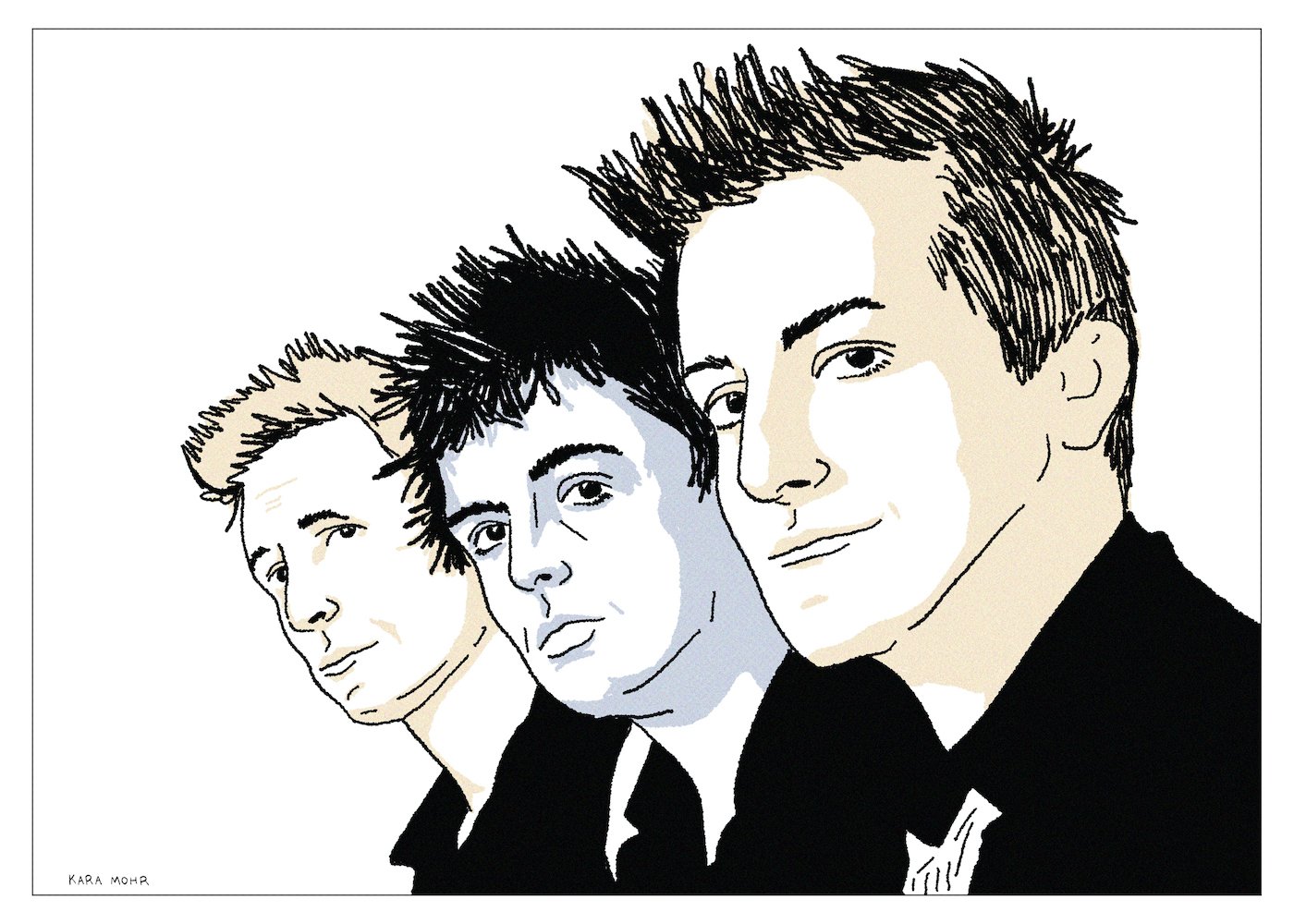
Green Day “Revolution Radio”
Twenty-two years after they first broke out with “Longview,” twelve years after they were the biggest Rock band in the world, eleven years after they inadvertently bankrupted Lookout! Records and four years after Billy Joe melted down onstage, Green Day was, once again, a band with uncertain prospects. And yet, their twelfth studio album was not a sharp turn or a step back or a leap forward. “Revolution Radio” was more a shoring up of lost ground — more like downside protection. All three members of the band were well into their forties by the time of the record’s release, meaning that the snotty charms of their youth would not play the same. Self-loathing and fuck you's present much differently in middle-aged millionaires than they do in twenty year olds. And so, in the year that Donald Trump was elected President and at a time when album sales were usurped by track steams, Green Day was in the unenviable position of having to question both their form and their function.
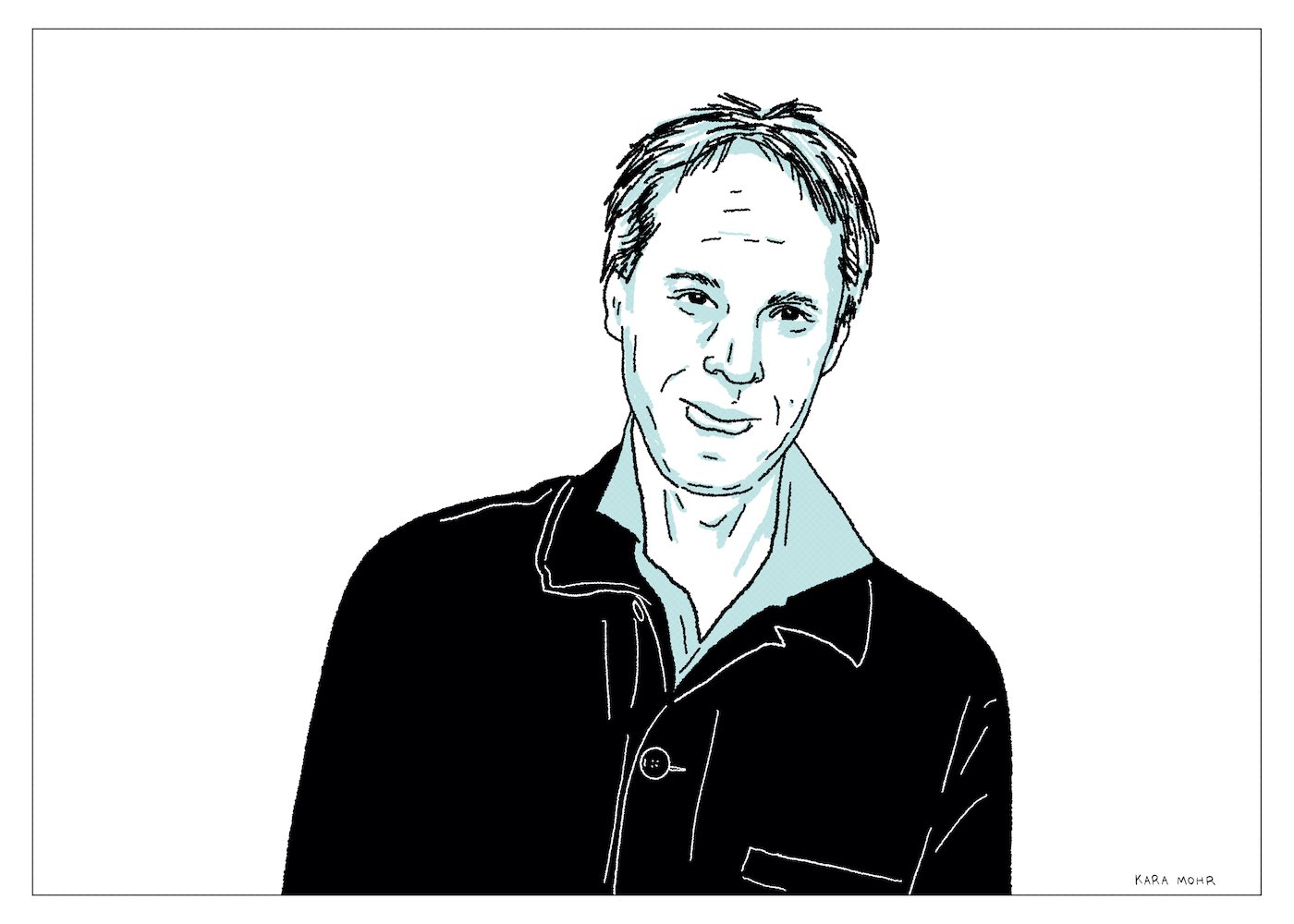
Tom Verlaine (1949-2023)
Of all of the many wonderful things said about Tom Verlaine this past week, the most moving words came, unsurprisingly, from Patti Smith. Her eulogy for The New Yorker, entitled “He Was Tom Verlaine,” was typically elegiac, like a series of black and white photographs narrated with poetic beats and prosaic secrets. Amid the generous obituaries and Twitter tributes — written mostly by strangers — Patti’s essay was so unusually revealing, not because she was betraying any confidences, but rather, because prior to this week, and despite the fact that I spent decades enamored of him, I knew so little about Tom Verlaine. He was not a recluse like Jeff Mangum or an outsider like Syd Barrett or Roky Erickson. But it seemed that, ever since “Marquee Moon” changed everything — and nothing at all — Verlaine was slowly, silently walking in the opposite direction from everything that fans (like me) most wanted from him. His entire career — seemingly confirmed by Patti Smith herself — is a reminder that love is so much more about what we don’t know than what we know for sure.
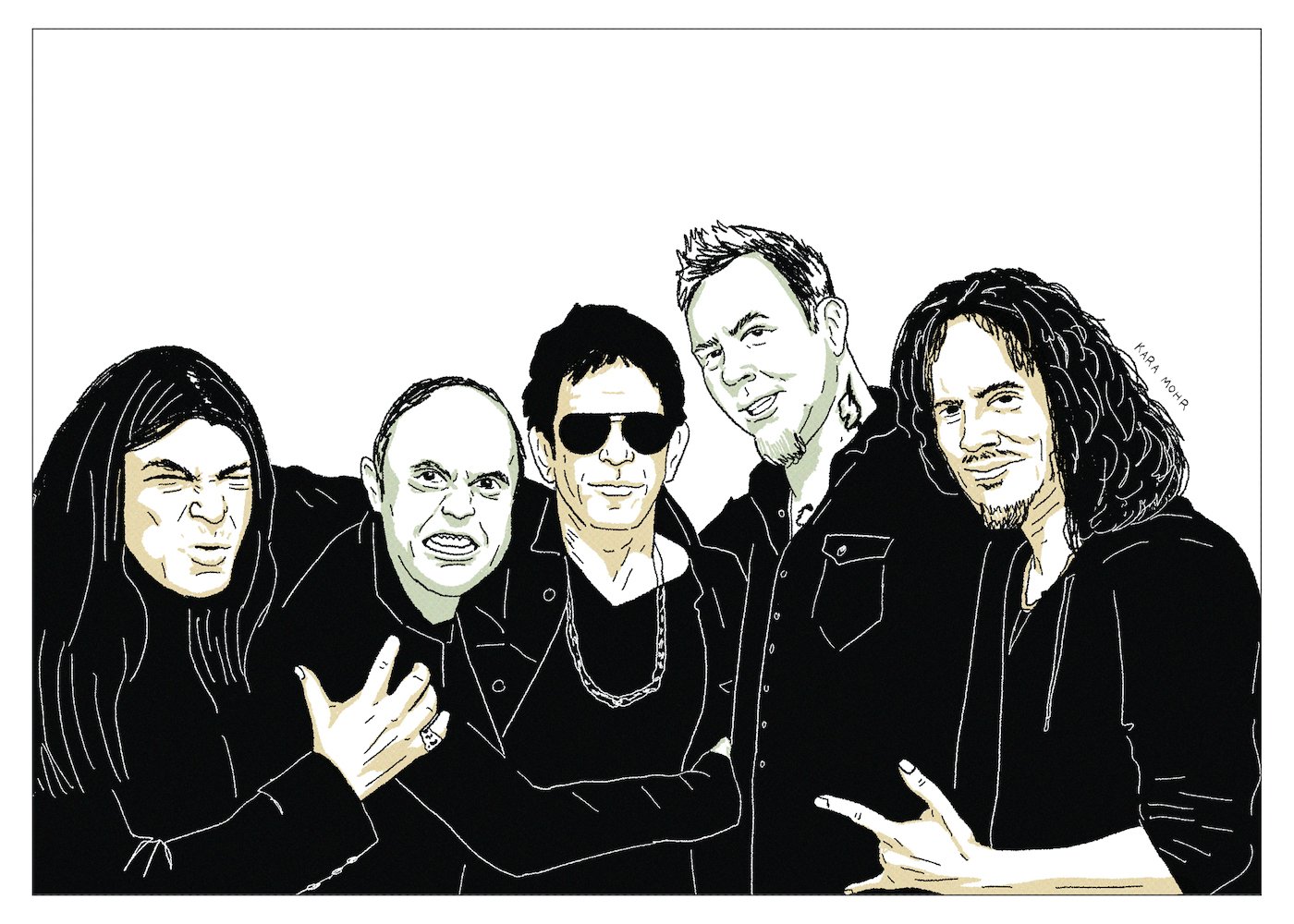
Lou Reed and Metallica “Lulu”
Given how few people have actually heard the album, and how few of those people are interested in anything beyond the stars involved, the volume of “Lulu studies” is staggering. But the divergence of the various theses is so bold as to suggest that either (a) people are listening to different albums or (b) nobody knows anything. There is, of course, overlap in the various perspectives — but less than I would have assumed. Many simply believe that “Lulu” is a historic failure — a bloated pretentious hour and a half of noise and nonsense. There are others who view it as an act of artistic bravery from two legendary artists, committed to a vision and unconcerned with failure. And, finally, there are those who believe that “Lulu” is misunderstood. Nowhere among the three points of view, however, can you find a faction who boldly proclaims: “Lulu is awesome.”
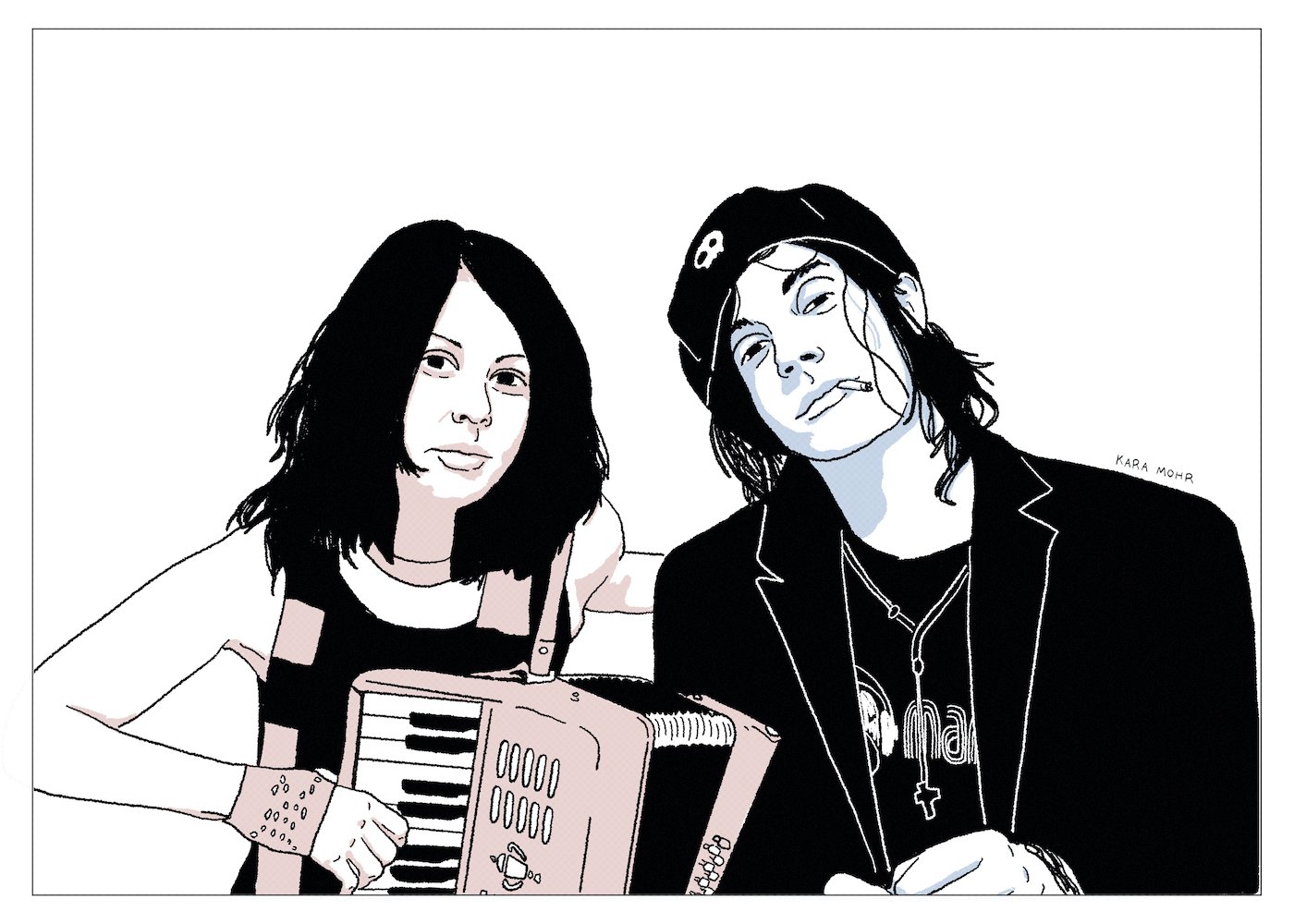
Marah “Marah Presents Mountain Minstrelsy of Pennsylvania”
The first wave of Dad Rock is canon — Dylan, The Band, Petty, The Boss. Occasionally, it veers into Indie or Alternative Rock (REM, The Replacements) or headier stuff (The Dead, Steely Dan). But, broadly speaking, it’s American Roots Rock for educated men who are older than thirty but younger than sixty, who are likely to drink craft beers and who desperately want their children to understand the glory of “Jungleland.” The second wave of Dad Rock is still a work in progress. In the early Aughts, bands like The Hold Steady and Band of Horses and Arcade Fire began to make their cases. Some of the neo-Dad Rockers were cut from The Boss’ cloth (Gaslight Anthem, The Constantines) and others were perhaps closer to Dylan (Bon Iver, Sufjan Stevens). But the ones who should have been kings — the ones who got it all started but then got lost in the plot — were Marah.
